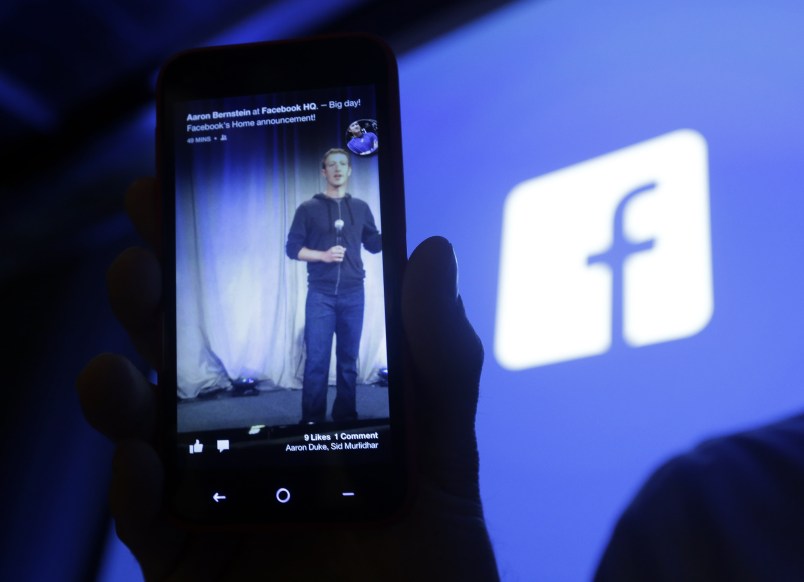By: MICHAEL FELBERBAUM
RICHMOND, Va. (AP) — Clicking “Like” on Facebook is constitutionally protected free speech and can be considered the 21st century-equivalent of a campaign yard sign, a federal appeals court ruled Wednesday.
The 4th U.S. Circuit Court of Appeals in Richmond reversed a lower court ruling that said merely “liking” a Facebook page was insufficient speech to merit constitutional protection.
Exactly what a “like” means — if anything — played a part in a Virginia case involving six people who say Hampton Sheriff B.J. Roberts fired them for supporting an opponent in his 2009 re-election bid, which he won. The workers sued, saying their First Amendment rights were violated.
Roberts said some of the workers were let go because he wanted to replace them with sworn deputies while others were fired because of poor performance or his belief that their actions “hindered the harmony and efficiency of the office.” One of those workers, Daniel Ray Carter, had “liked” the Facebook page of Roberts’ opponent, Jim Adams.
U.S. District Judge Raymond Jackson in Norfolk had ruled in April 2012 that while public employees are allowed to speak as citizens on matters of public concern, clicking the “like” button does not amount to expressive speech. In other words, it’s not the same as actually writing out a message and posting it on the site.
Jackson acknowledged that other courts have ruled that Facebook posts are constitutionally protected speech, but he said in those cases there were “actual statements.” Simply clicking a button is much different and doesn’t warrant First Amendment protection, he wrote. In his ruling, Jackson acknowledged the need to weigh whether the employee’s speech was a substantial factor in being fired. But the judge wrote that the point is moot if “liking” something isn’t constitutionally protected speech.
The three-judge appeals court panel disagreed, ruling that “liking a political candidate’s campaign page communicates the user’s approval of the candidate and supports the campaign by associating the user with it. In this way, it is the Internet equivalent of displaying a political sign in one’s front yard, which the Supreme Court has held is substantive speech.” The case was sent back to the lower court.
Facebook and the American Civil Liberties Union, which filed friend of court briefs in the case, applauded Wednesday’s ruling.
“This ruling rightly recognizes that the First Amendment protects free speech regardless of the venue, whether a sentiment is expressed in the physical world or online,” Ben Wizner, director of the ACLU Speech, Privacy & Technology Project, said in a written statement. “The Constitution doesn’t distinguish between ‘liking’ a candidate on Facebook and supporting him in a town meeting or public rally.”
An attorney representing Roberts, the sheriff, did not immediately return a phone message seeking comment, nor did an attorney representing the employees.
___
Michael Felberbaum can be reached at http://www.twitter.com/MLFelberbaum.
Copyright 2013 The Associated Press. All rights reserved. This material may not be published, broadcast, rewritten or redistributed.






